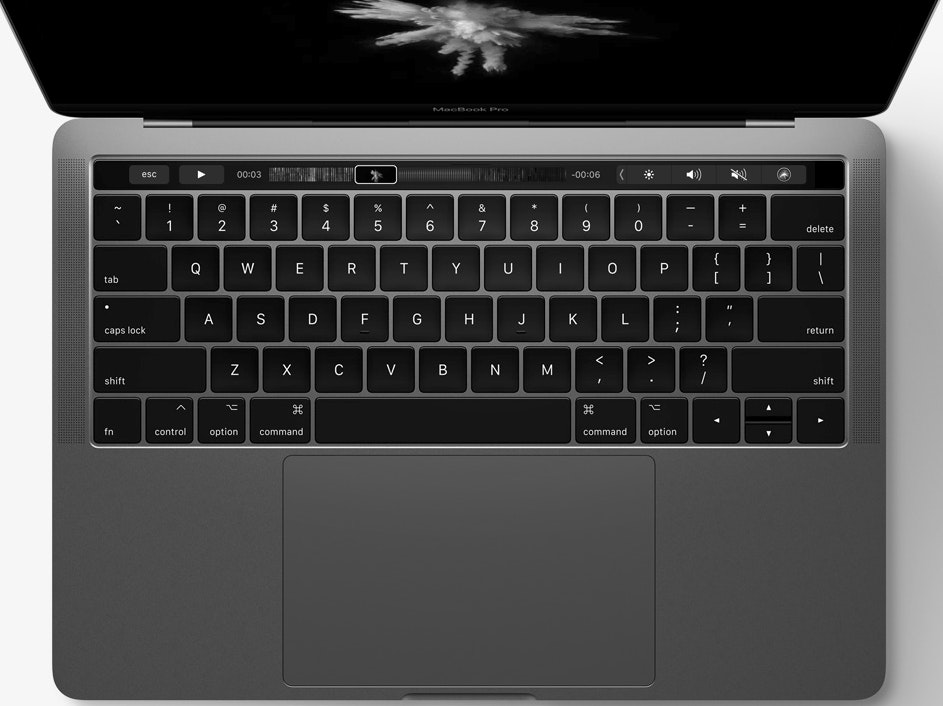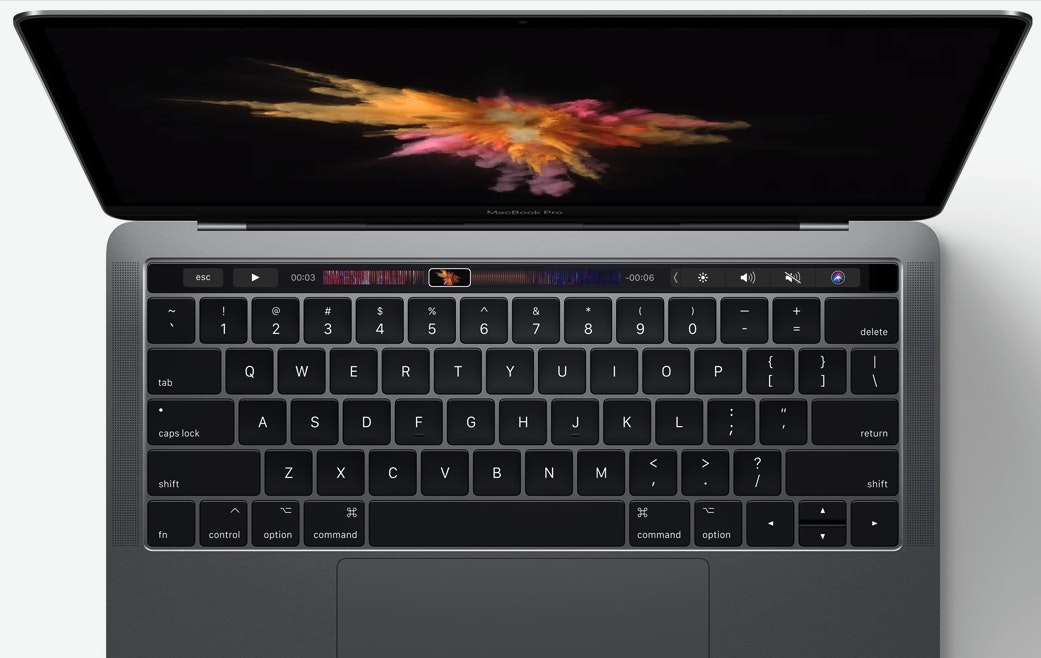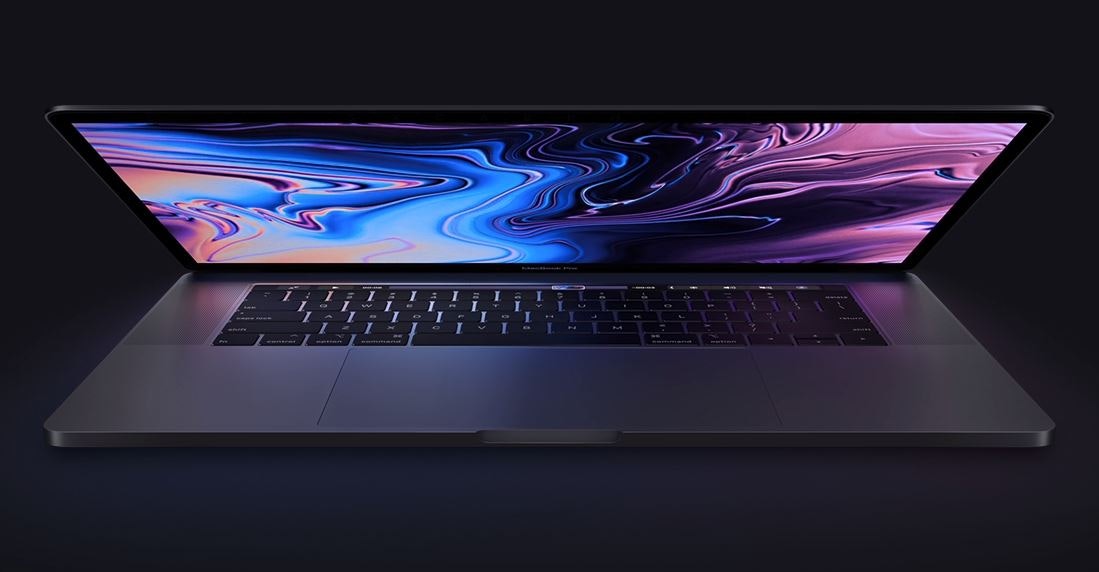When you buy a movie on iTunes, it’s yours forever, until such a time as when Apple maybe loses the rights to distribute it, and then it will disappear from your library without a trace. This is what happened to Anders G. da Silva, who goes by @drandersgs on Twitter, and who tweeted about losing three movies bought on the iTunes Store.
When da Silva wrote to Apple to complain about the missing movies, Apple wrote back to him that “the content provider has removed these movies from the Canadian Store. Hence, these movies are not available in the Canada iTunes Store at this time.” For his trouble in notifying Apple that it had disappeared three of his ostensible belongings for incredibly dubious legal reasons, Apple offered da Silva not even a refund, but two credits for renting a movie on the iTunes Store “priced up to $5.99 USD.” After he argued that he was not in the market for rentals and would just like the movies he purchased, please, Apple tried to appease him with two more rental credits.
To be completely fair, the iTunes Store’s Terms of Service, which surely no one has ever read, do address this kind of incident. Years ago, Apple began offering “cloud storage” for content purchased from its store, meaning that if a user deleted the content from any device, it could be re-downloaded to that same device, or a different authorized device, later.
Me: Hey Apple, three movies I bought disappeared from my iTunes library.
— Anders G da Silva (@drandersgs) September 10, 2018
Apple: Oh yes, those are not available anymore. Thank you for buying them. Here are two movie rentals on us!
Me: Wait... WHAT?? @tim_cook when did this become acceptable? pic.twitter.com/dHJ0wMSQH9
Me: I see... So, that "Buy" button is meaningless? It should maybe be called: "Feelin Lucky?"
— Anders G da Silva (@drandersgs) September 11, 2018
Apple: I see you are unhappy. Have two more rentals on us.
3/7
“You may be able to redownload previously acquired Content (‘Redownload’) to your devices that are signed in with the same Apple ID (‘Associated Devices’),” says the TOS, but also, “Content may not be available for Redownload if that Content is no longer offered on our Services.” For reasons that are easy to guess, Apple has never widely advertised that, by deleting locally stored content, users are actually rolling the dice as to whether they will ever be able to get it back.
This is not the first time tech overlords have made digital content rights inconsistent with any person’s normal understanding of what a “purchase” is. Back in 2009, Amazon customers noticed that their copies of 1984 and Animal Farm by George Orwell were suddenly missing. It turned out the copies were created by a seller that did not have the rights to the books, and when Amazon found this out, it pulled the books directly off of all the Kindles that had downloaded them. Later, the company acknowledged this was maybe not the best course of action.
In 2012, Amazon decided to terminate the account of another user who then lost access to 43 Kindle books she had purchased. When she protested, Amazon’s UK arm chided her, “Amazon.co.uk and its affiliates reserve the right to refuse service, terminate accounts, remove or edit content, or cancel orders at their sole discretion.”
As da Silva and others have pointed out before, the “Buy” button in digital stores is, at best, mislabeled. You cannot truly buy any digital thing online; you can only rent it, and any online video store is little more than an expensive, glorified, extremely convenient Blockbuster. In conclusion, let’s go back to DVDs. We have requested comment from Apple and will update if we hear back.
Update 9/17/2018 2:50PM: By way of explanation, an Apple PR representative sent me this link, which explains that the reason da Silva can’t access the movies he paid real dollars for is that they are stuck on a different region of the iTunes Store (Canada vs. Australia); to access the movies, he simply needs to relinquish his Australian iTunes Store subscriptions and credits, obtain a Canadian billing address and a Canadian credit card, switch back over to the store, hope the movies are still available, redownload them in a secure location and locally store them when Apple claims you don’t need to do this, and then undo all of the settings so he can go back to his new native iTunes Store of Australia. Apple, appearing to have finally realized some elements of this are absolutely ridiculous, is “promising to send him a workaround.” Blessings to the company for clarifying.





